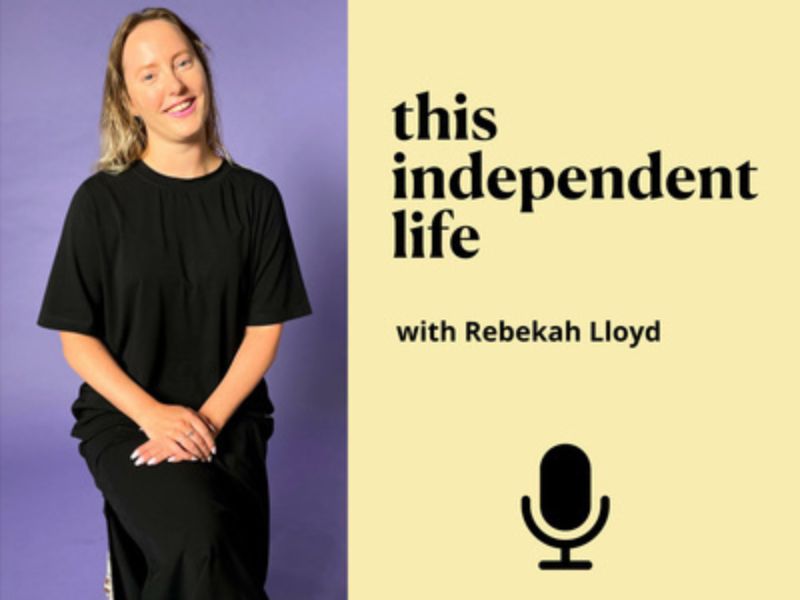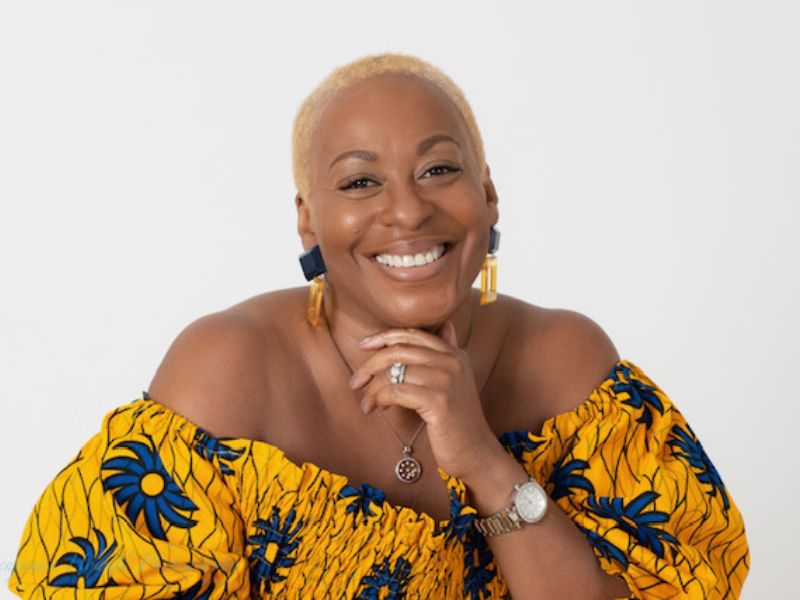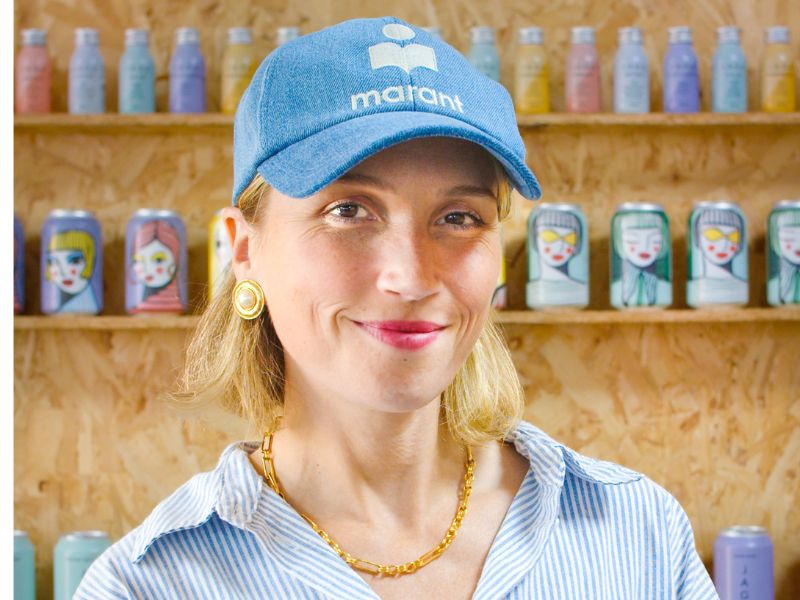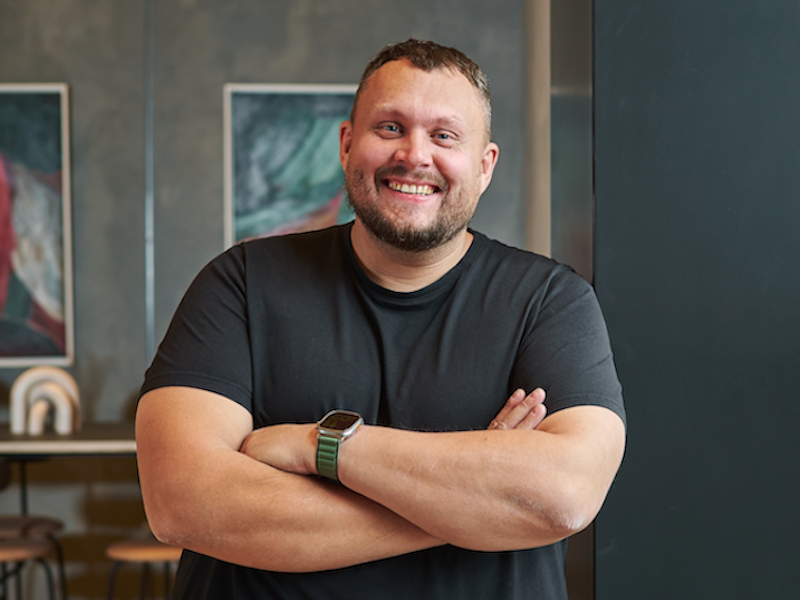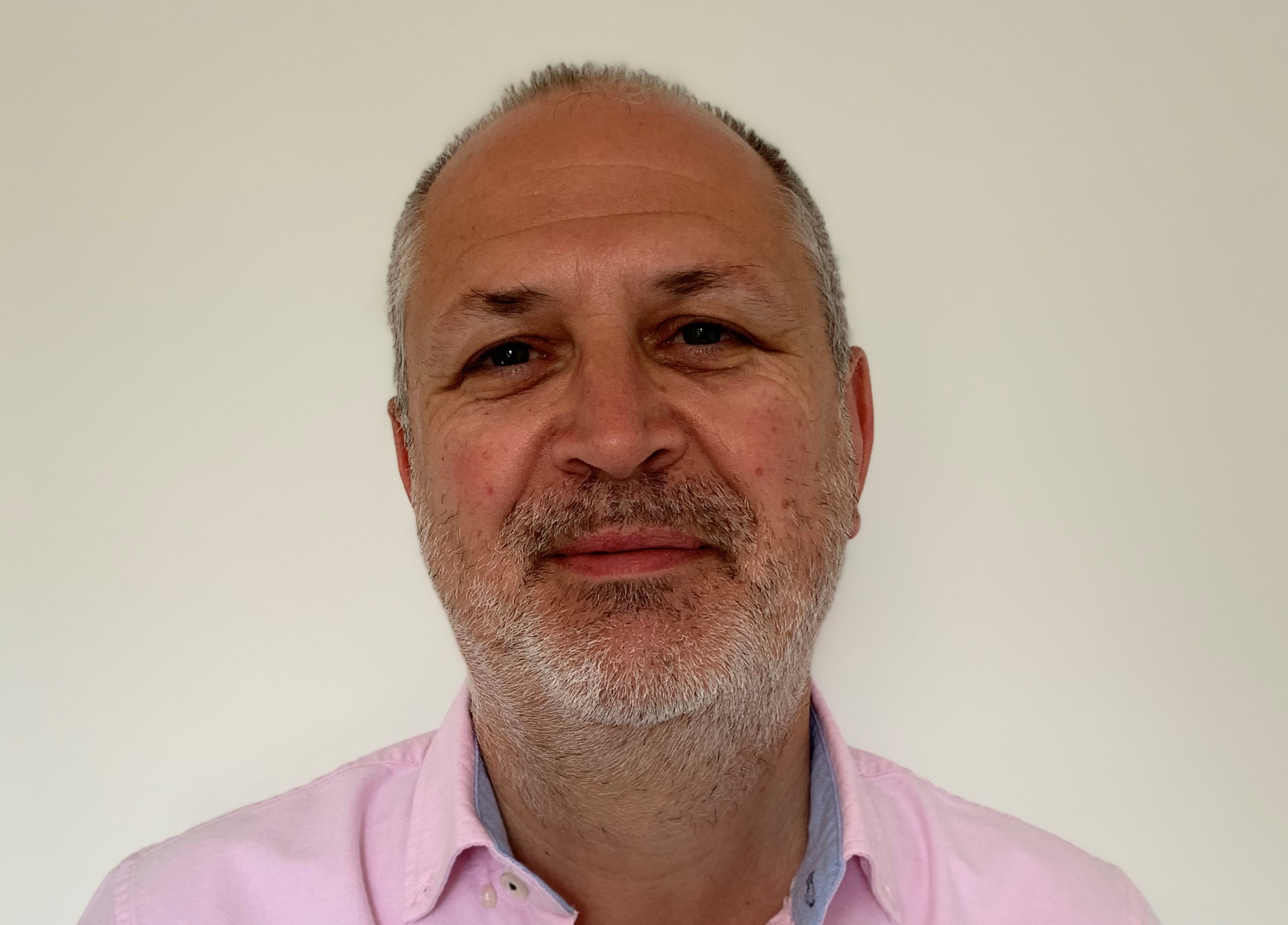 Gary Ford is an independent consultant working across the IT sector and the wider management environment, where he has a particular interest in the intersection between technology and diversity and inclusion.
Gary Ford is an independent consultant working across the IT sector and the wider management environment, where he has a particular interest in the intersection between technology and diversity and inclusion.
He is the founder of Moonshot Consultancy Ltd.
He has more than 30 years’ experience in the IT industry, focused on Financial Services.
Most recently, Gary was a Managing Director within Global Technology at JPMorgan Chase (JPM), a large US financial services organisation with over 270,000 employees. Whilst there, he led a number of strategic programmes across the firm, as well running several large IT service management functions for their Corporate and Investment Bank.
He has developed and led several diversity workshops across multiple sectors, including finance, energy, higher education, construction and the civil service. He is the male allies advisor to the Women on the Wharf – a network of women’s groups for firms based in Canary Wharf in London.
With a number of partners, he has now formed the Men for Inclusion company on LinkedIn with the ambition of building a platform to help other men feel more comfortable in discussing gender equality in the workplace.
He is the co-founder of the 4iforum, a dialogic think-tank and is also working part-time for NHS Digital, leading an enterprise service management programme.
Tell us a bit about yourself, background and your current role
I am an independent IT and business consultant. My background is as a software engineer in financial services, initially at a medium-sized software house and then for 24 years at JPMorganChase. I spent the last 7 years there as a Managing Director, responsible for a number of large IT Operations transformations. My current primary contract is running the ServiceNow implementation for NHS-Digital. I am also the co-founder of several new start up organisations including Men for Inclusion, an organisation designed to help companies engage their (often) silent male majority in working for gender equality in the workplace.
Did you ever sit down and plan your career?
Not really. Earlier in my career, I did not seek leadership but found I frequently put myself forward due to frustration that change was not happening. More recently, I found myself identifying opportunities to do interesting and challenging work and ensuring that I created the capacity and supporting structure in order to take up a new challenge.
Have you faced any challenges along the way?
As a naturally quite shy introvert, I had to force myself into certain roles or situations to get better at dealing with people and improving my communication skills. I have a certain level of imposter syndrome which sometimes I have to overcome.
What has been your biggest achievement to date?
The things I look most fondly on are when I have been part of an extraordinarily good team, with a clear purpose who have demonstrated what it means to excel at what you do. It is probably happened only 3 times in my career. My achievement is in building the team. I also had a book published recently that I am very proud of.
What one thing do you believe has been a major factor in you achieving success?
The support and encouragement of my long-term partner (we’ve been together nearly 30 years and got married 18 months ago) – she keeps me very balanced, which helps me keep perspective and a positive mindset that I take into work.
How do you feel about mentoring? Have you mentored anyone or are you someone’s mentee?
I have mentored many different people over the years. I am a big fan as long as the purpose of the relationship is clear – I have seen some where people are just looking for a regular conversation with a senior leader – they become a little bit aimless after a while. I particular like mentoring people with a very different perspective to me – e.g. in a very different role, just starting their career or come from a completely different background to me. I usually benefit more than the person I am mentoring!
What can businesses/government/allies do to help diversity and inclusion?
I think there are 3 key things:
1) Invest sufficiently in time and resources. People and companies significantly under-estimate the level of effort involved. It takes sustained investment to help people understand the lived experiences of their work colleagues and what they can do make the workplace inclusive for everyone. This is particularly true of time-poor leaders. They need to prioritise making more time for learning about the subject.
2) Make sure D&I efforts are aligned to the organisation’s strategic goals. Often, D&I efforts are seen as something additional and discretionary. It must be treated like a strategic programme of work and resourced and funded appropriately. Compensation should reflect achieving the outcomes that and diverse and inclusive workforce gives you – I particularly like approaches that reward inclusive behaviours.
3) Make sure the whole workforce is engaged. Diversity and Inclusion benefits everyone, but not everyone is putting their shoulders to the wheel to make it happen. There are multiple genders and they all benefit when we get this right, but so often it is seen as women’s work. It’s time for men to do their fair share of the effort.
Why do you think it’s important for men to support gender equality in the workplace?
See my last answer! But also, I feel that men have to understand why it matters to them and how they benefit – which ranges from enabling them to be better at their jobs, have more resiliency and deal with physical and mental health problems more openly, as well as better corporate policies around leave of absence or part-time working. Men are more likely to listen to other men on this subject too, so the more men that step forward, the faster that change will happen.
If you could give one piece of advice to your younger self what would it be?
Spend more time getting to know the lived experiences of the people you work with. Ask more questions, be more curious and be prepared to be in more uncomfortable situations.
What is your next challenge and what are you hoping to achieve in the future?
I’d like one of the start-up organisations that I am involved with to really take off and be successful. Being part of something built from scratch that delivers great outcomes for others would be very special.
WeAreTheCity has a back catalogue of thousands of HeForShe interviews, including Suki Sandhu, Philip Baldwin, Asif Sadiq MBE, Rob Neil OBE and many more. You can read about all the amazing men championing gender equality here.





